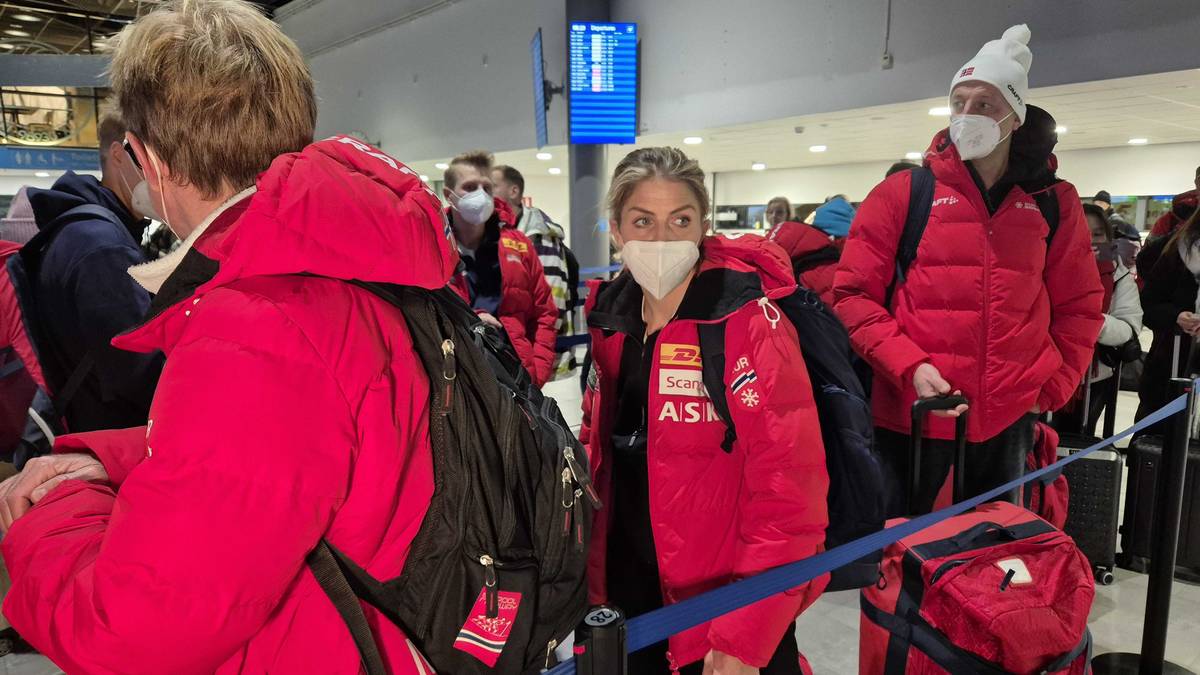
Does spending a night on the bus weaken Norway's ski team's competition readiness? Reijo Jylhä gives his assessment
Originally published in Yle on December 02, 2024
After completing the World Cup races in Ruka, the Norwegian cross-country ski team's journey back home was marred by a lengthy 11-hour bus ride from Ruka to Rovaniemi. Following that, they had to continue their journey to Norway via Helsinki, adding to their travel fatigue.
Former national team coach Reijo Jylhä expressed confidence that the long bus ride would not significantly affect the skiers’ condition for the upcoming races in Lillehammer. He indicated that the primary challenge during long coach travels is ensuring proper sleep. "The biggest challenge is sleep; it significantly affects athletes if they can sleep on the bus and the quality of that sleep. Facebook post on sleeping difficulties often reflects the athletes' adjustment to inadequate sleeping conditions during travel."
According to Jylhä, cross-country skiers typically travel during the day, which allows them to recover better from fatigue. "They could leave early in the morning and arrive late in the afternoon, minimizing the fatigue associated with night travel," he mentioned.
He observed that while local teams in Lapland are used to long bus journeys for games, Norwegian skiers usually do not have such long, continuous trips, making this experience particularly taxing for them.
Looking ahead, with the Lillehammer World Cup approaching, Jylhä does not foresee lingering fatigue from the Ruka trip affecting performance: "I believe that fatigue from the world cup won't remain in mind anymore next weekend. However, long hours in a closed space can make athletes susceptible to illnesses if they have any underlying symptoms."
The main event for the skiing season is the World Ski Championships in Trondheim at the end of February and early March. Jylhä noted that potential illnesses could jeopardize the season's success.
See Also


Cross-country Ski Team Stuck in Ice for Hours: "Grateful to Stand Here"
December 02, 2024 / NRK
/origin-imgresizer.eurosport.com/2024/11/28/4066607-82469788-2560-1440.jpg)
Crucial Day Ahead: "It's the Only Thing I'm Thinking About"
November 29, 2024 / Eurosport
